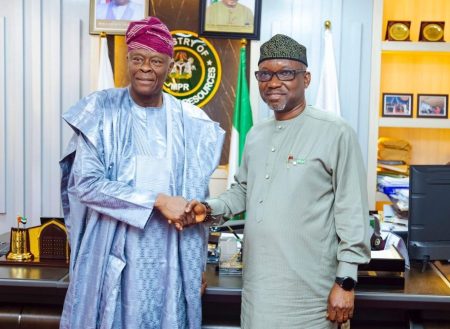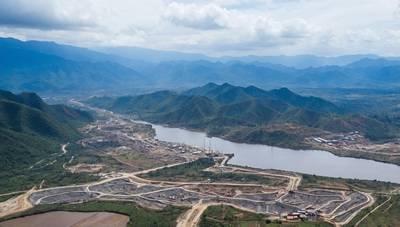
Mkpoikana Udoma
Port Harcourt — Environmental experts and climate justice advocates have raised fresh concerns over the viability of Nigeria’s Energy Transition Plan, ETP, warning that without grassroots inclusion, particularly from host communities in the Niger Delta, the plan risks becoming another abandoned policy.
Speaking during the Africa Vuka Day 2025 celebration held at Rivers State University in Port Harcourt, Executive Director of Community Conciliation and Development Initiative, CCADI, Dr. Amaechi Kelechi Justice, said the ETP lacks community ownership and faces serious challenges in continuity, funding, and local adoption.
According to him, although Nigeria’s ETP, launched in 2022, aims for net-zero emissions by 2060, its implementation remains largely elite-driven and disconnected from those most affected by extractive industries.
He said, “Most lawmakers and government officials don’t yet see the significance of the ETP. Without active grassroots engagement, especially in the Niger Delta, the plan will fail,” Dr. Amaechi said during his paper titled Nigeria’s Energy Transition Plan: An Overview.
“We need to bridge the gap between high-level policy discussions and the real impacts felt in oil-producing communities. Without that, we’re not transitioning, we’re only talking.”
The event, organised by the Society for Women and Youth Affairs, SWAYA, and funded by 350.org and Afrika Vuka Network, brought together students, youth leaders, civil society groups and environmental campaigners under the theme “Justice for Africa and People of African Descent Through Reparation.”
Executive Director of SWAYA, Dr. Stella Amanie, called for urgent inclusion of Niger Delta communities in Nigeria’s energy future.
“We are the ones bearing the brunt of oil pollution. In Ogoni today, flora and fauna like periwinkles are no longer in the creeks. Any transition plan that excludes our voice is unjust,” she said.
Dr. Mike Terungwa, Executive Director of GIFSEP, also criticised the federal government’s continued dependence on fossil fuels despite Nigeria’s renewable energy potential.
“Africa is rich in solar energy, yet 600 million people live without electricity. Why are we still exploring crude oil? There must be an apology and compensation to ordinary Niger Delta people, not the political class,” he declared.
The program also featured intergenerational dialogue and a rallying call to youth to take the lead in championing climate justice and energy equity.
“You are not just students, you are climate leaders. The future belongs to you. Speak up and act,” Chief Constance Meju of the West African Network for Peacebuilding, WANEP, told the students.
The Africa Vuka movement, translated as “Awake Africa,” is a pan-African campaign pushing for an end to the fossil fuel era and a just transition to renewable energy across the continent. The event concluded with a call to action: REpower Africa, REpower Nigeria, REpower Communities.



